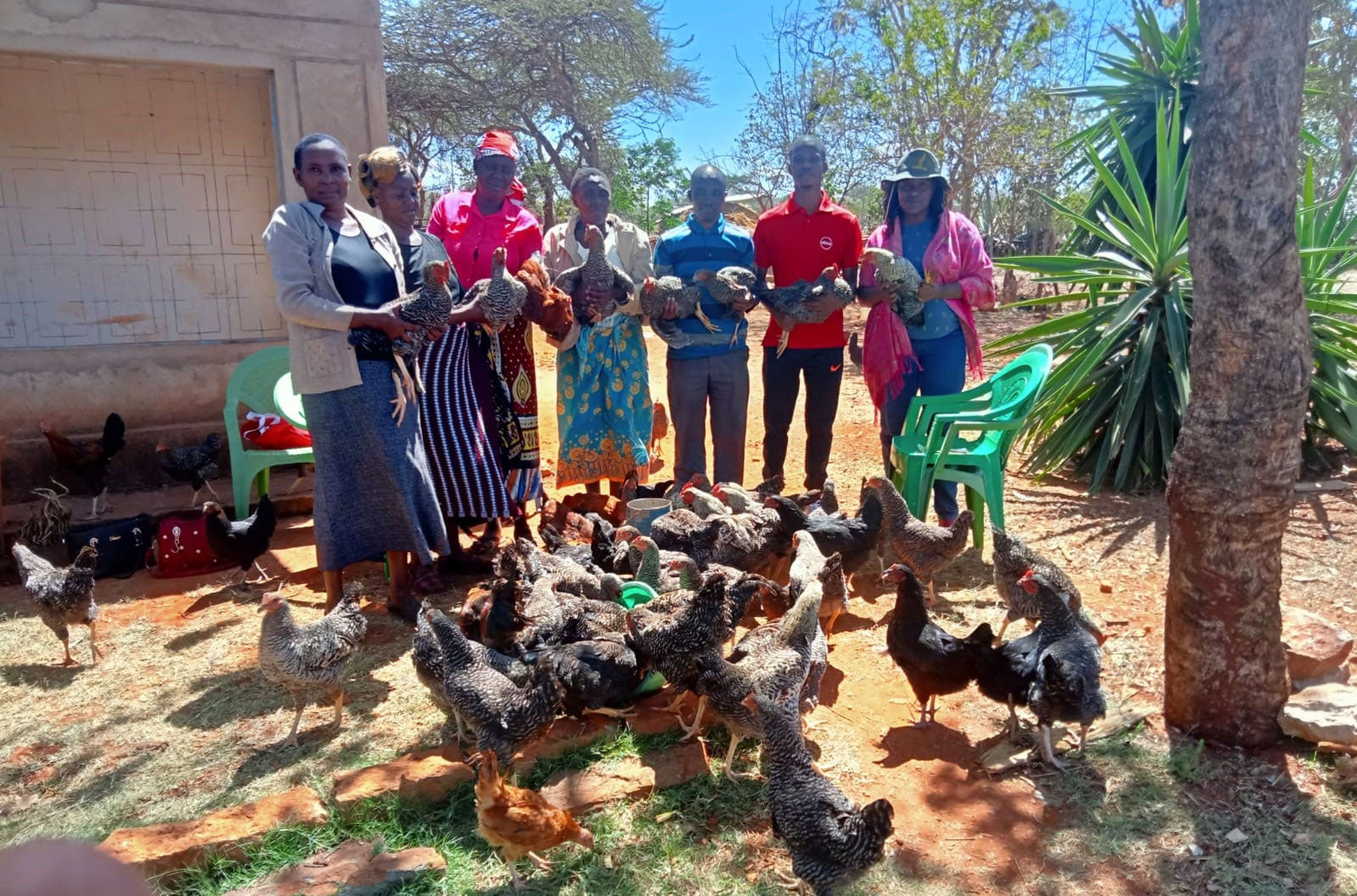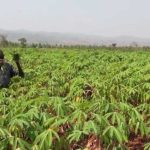The Ugandan Government is set to launch an annual animal vaccination program aimed at combating livestock diseases. The announcement was made by the Chief Whip of the Government, Dennis Hamson Obua, during the launch of the Presidential Advisory Committee on the Budget for the 2024/2025 financial year in Kampala. This program, guided by President Robinah Nabbanja, seeks to provide all farmers with the opportunity to vaccinate their animals against prevalent diseases. Furthermore, there is a call for the establishment of an agriculture insurance scheme, designed to safeguard the interests of farmers who secure loans for production.
Efforts to Tackle Foot and Mouth Disease (FMD):
One of the diseases that have been significantly affecting Ugandan farmers, particularly those with unvaccinated livestock, is Foot and Mouth Disease (FMD). Agriculture Minister Frank Tumwebaze expressed concern about the widespread impact of FMD, which affects animals that feed on grass and carnivores. The disease leads to substantial losses and poses a challenge for governments. Minister Tumwebaze emphasized the necessity for coordinated vaccination programs to eliminate FMD. The persistence of the disease is attributed to inadequate vaccine coverage and a lack of commitment from farmers.
The economic implications of FMD are substantial. The disease has prevented the international market from purchasing meat from areas affected by FMD. Uganda has lost meat export opportunities to China, South Africa, the Middle East, and Asia due to its failure to meet international health and safety standards. To tackle this issue, Minister Tumwebaze believes that public-private partnerships (PPPs) are a viable solution. Collaborations between the government and private sector entities can create job opportunities, engage professionals, and enhance the livestock industry.
In the context of the East African region, FMD is a transboundary animal disease, causing economic losses for both Ugandan and Tanzanian farmers and other stakeholders in the livestock sector. The disease’s prevalence necessitates a more innovative approach to control. Increased involvement of PPPs, along with the development of recommendations to combat the disease jointly by Uganda and Tanzania, is seen as a promising solution. This strategy aims to stimulate livestock production and transform it into a sustainable economic activity in the region.
Minister Tumwebaze shared these insights during a recent training event organized by the United States Department of Agriculture (USDA) as part of the Trace project, focusing on foot and mouth disease. The event was held at the Kabira Country Club in Kampala, Uganda, emphasizing the importance of innovative approaches to disease control and the involvement of PPPs in the livestock sector.




















